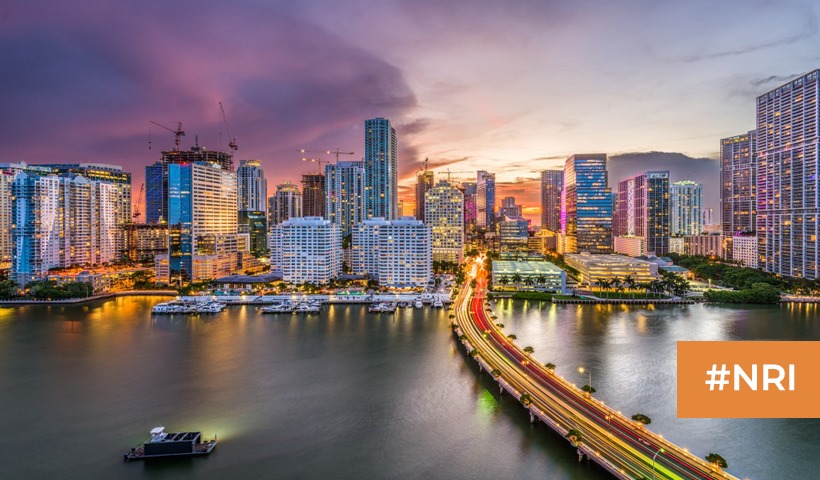How may NRIs use powers of attorney to handle real estate in India?
Simply put, it is an authorization (power of attorney) that a principal provides to a representative. The principal and the solicitor have a private relationship, and the principal would be bound by the solicitor’s decisions. For instance, if a person purchases property in India but is unable to see it in person, Any family or friend with a power of attorney registered can get these rights and duties by editing registration.
Powers of attorney types
Special power of attorney: Under a special power of attorney, the agent’s power is constrained and is only valid for the designated purpose. When a transaction is finished, a specific POA that was associated with it will also be associated with it will expire.
General POA: A power of attorney provides the agent extensive authority to make decisions on the principal’s behalf. Additionally, the client’s authorized representative has unrestricted access to do a variety of tasks on their behalf.
Durable POA: If a continuing power of attorney isn’t explicitly revoked, it remains in effect forever. A specific language can be included in the agreement to ensure that the client’s power of attorney is still effective even in the event of incapacitation.
The attorney’s power of attorney pertains to real estate and may be used for the following things:
- loans, mortgages, sales, purchases, leases, and rent collection
- Management and settlement of disputes
- completing chores at banks, and insurance firms, and addressing responsibilities, among other things.
Multiple-person power of attorney-
It would be challenging for all parties to finalize the purchase together if a property had several owners. Giving someone power of attorney might be beneficial in such circumstances. Therefore, that individual would have the power to act on behalf of all owners as a whole.
In India, how to use a power of attorney If there is an NRI in India, he or she may only have POA transactions involving India.
Step 1: The PIL should type and prepare the necessary POA case on paper with an extrajudicial stamp and an acceptable face value, often Rs 100.
Step 2: This individual must now appear at the registrar’s office with legal representation and two witnesses.
Step 3: Ensure that everyone who visits the registered office is equipped with a legitimate identification card. Along with the original, you must produce a photocopy of the power of attorney.
Step 4: Fingerprints, party signatures, and pictures are gathered at the Secretary of State’s office. The punctually registered POA must now be picked up from the assistant’s office.
Step 5: It can take three to five days once the legalities are finished.
Disclaimer: The views expressed above are for informational purposes only based on industry reports and related news stories. PropertyPistol does not guarantee the accuracy, completeness, or reliability of the information and shall not be held responsible for any action taken based on the published information.




